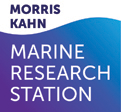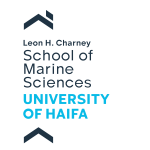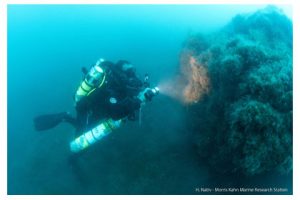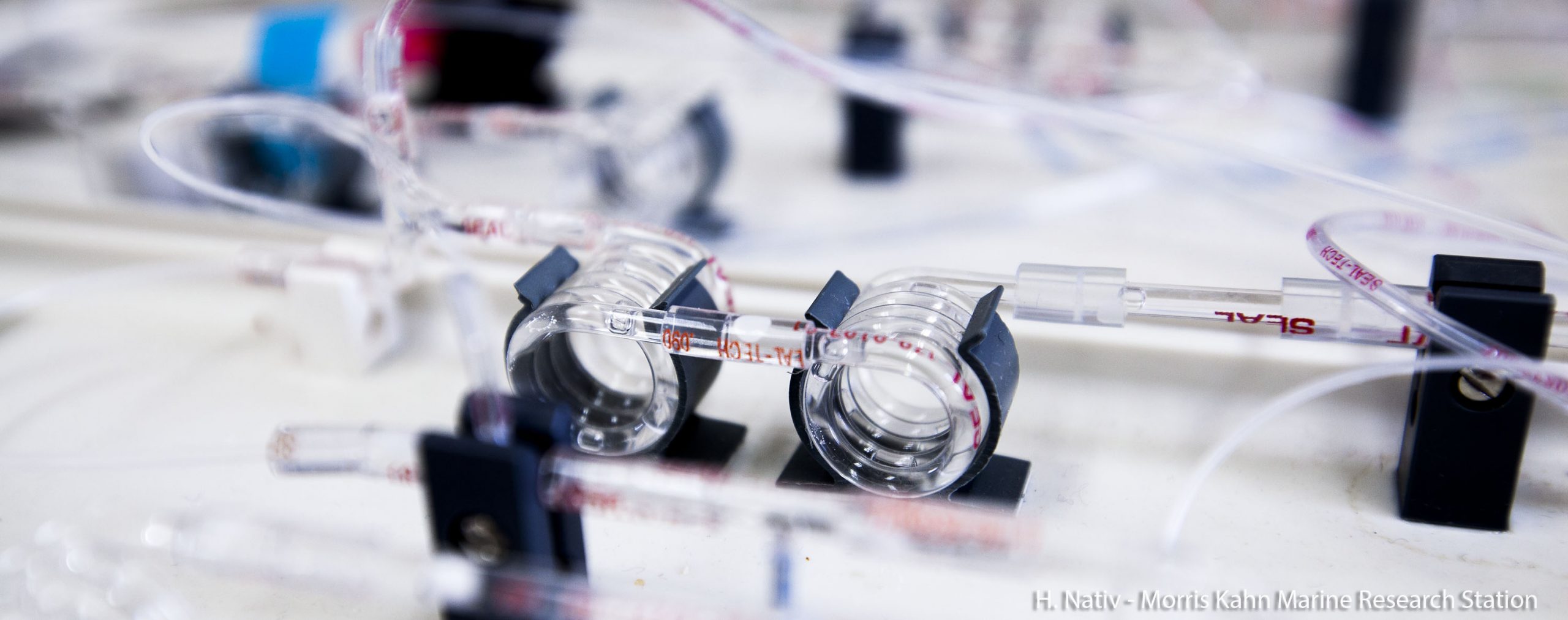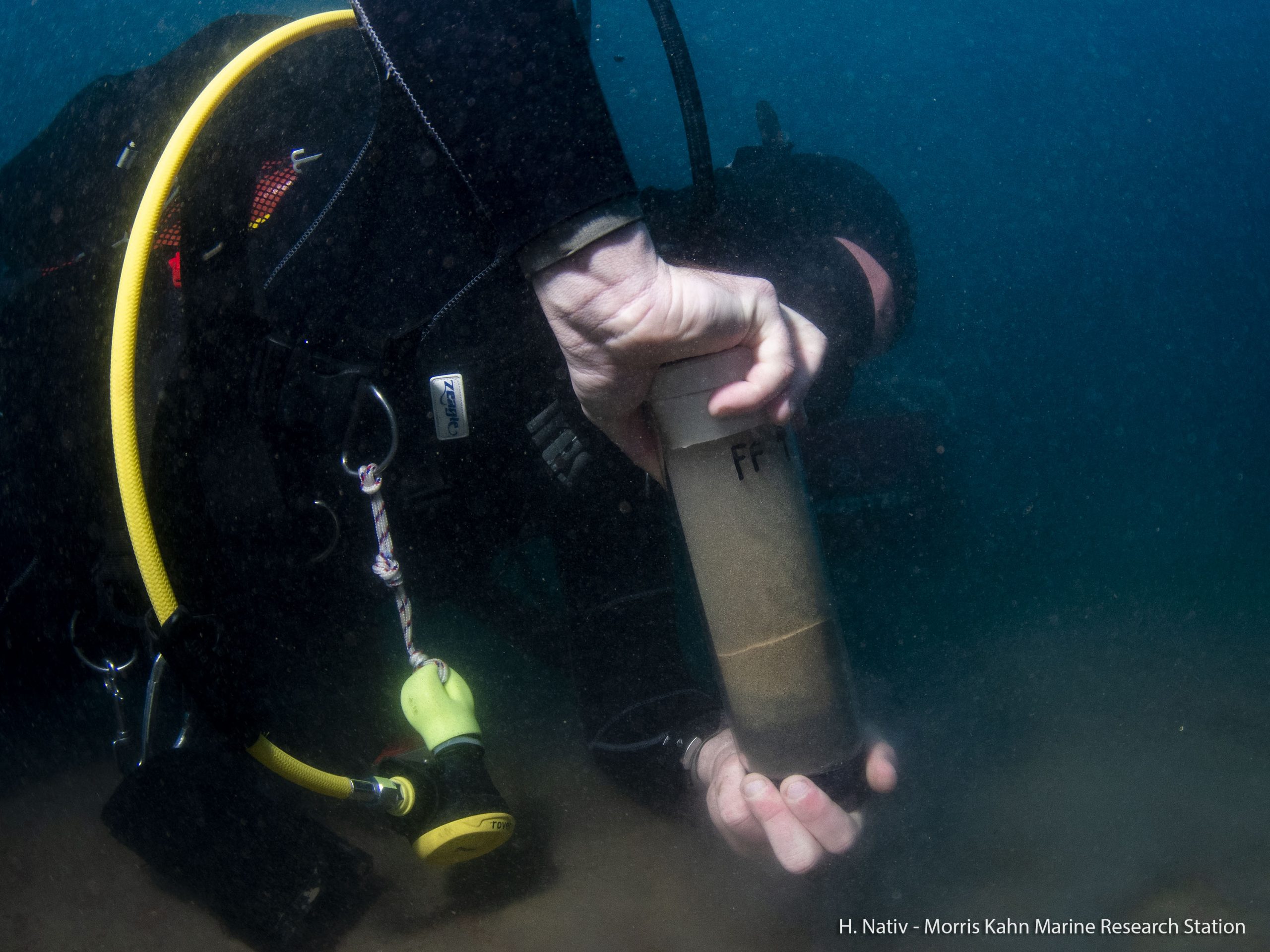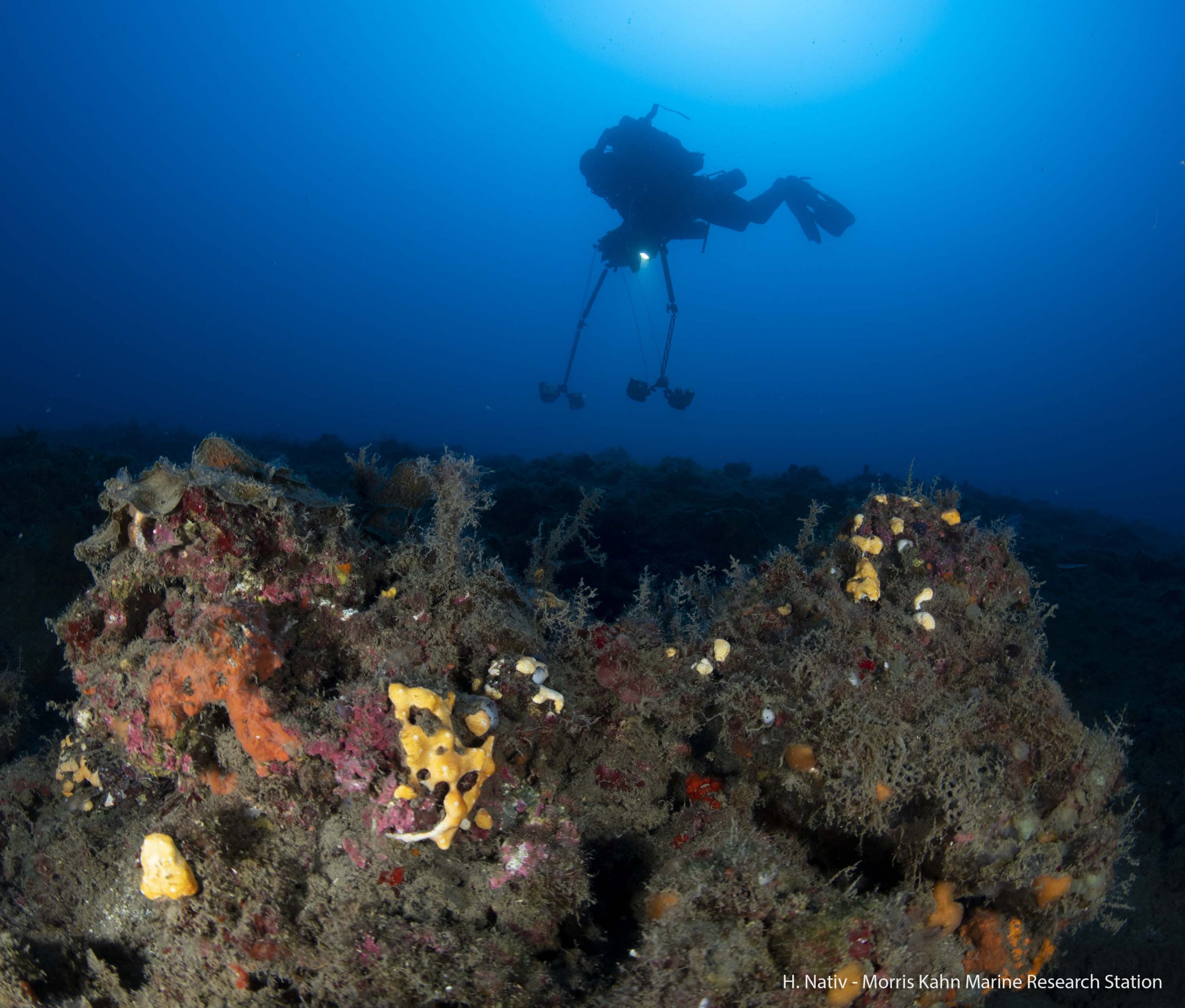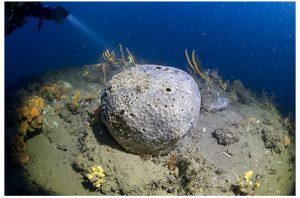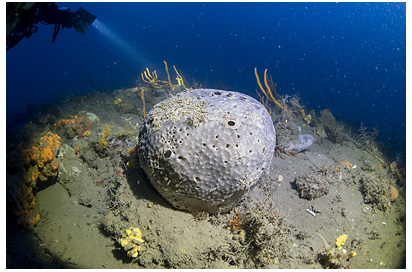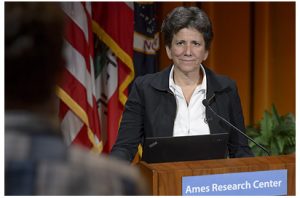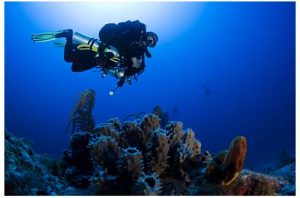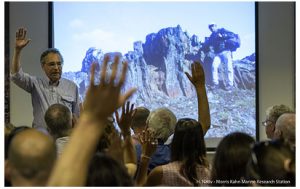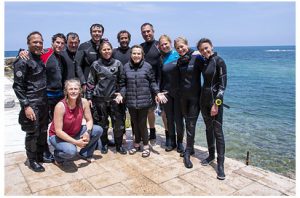The rocky reef data base
The rocky reef habitat of the Israeli coastline is rich, diverse, and abundant in marine resources. It functions as a stable habitat for algae, invertebrates, and fish. We have been conducting Long Term Ecological Research (LTER) on these reefs since 2015. The surveys are conducted from Achziv to Ashkelon and at a depth range from 10 to 45 m. The first thing that we noticed was a greater variability with depth. In the shallow water, the turf algae are dominating the reefs (Sdot Yam 10 m, 99%) and as you go deeper, the algae assemblages (Sdot Yam 45 m, 86%) become more diverse and there are more invertebrates.
